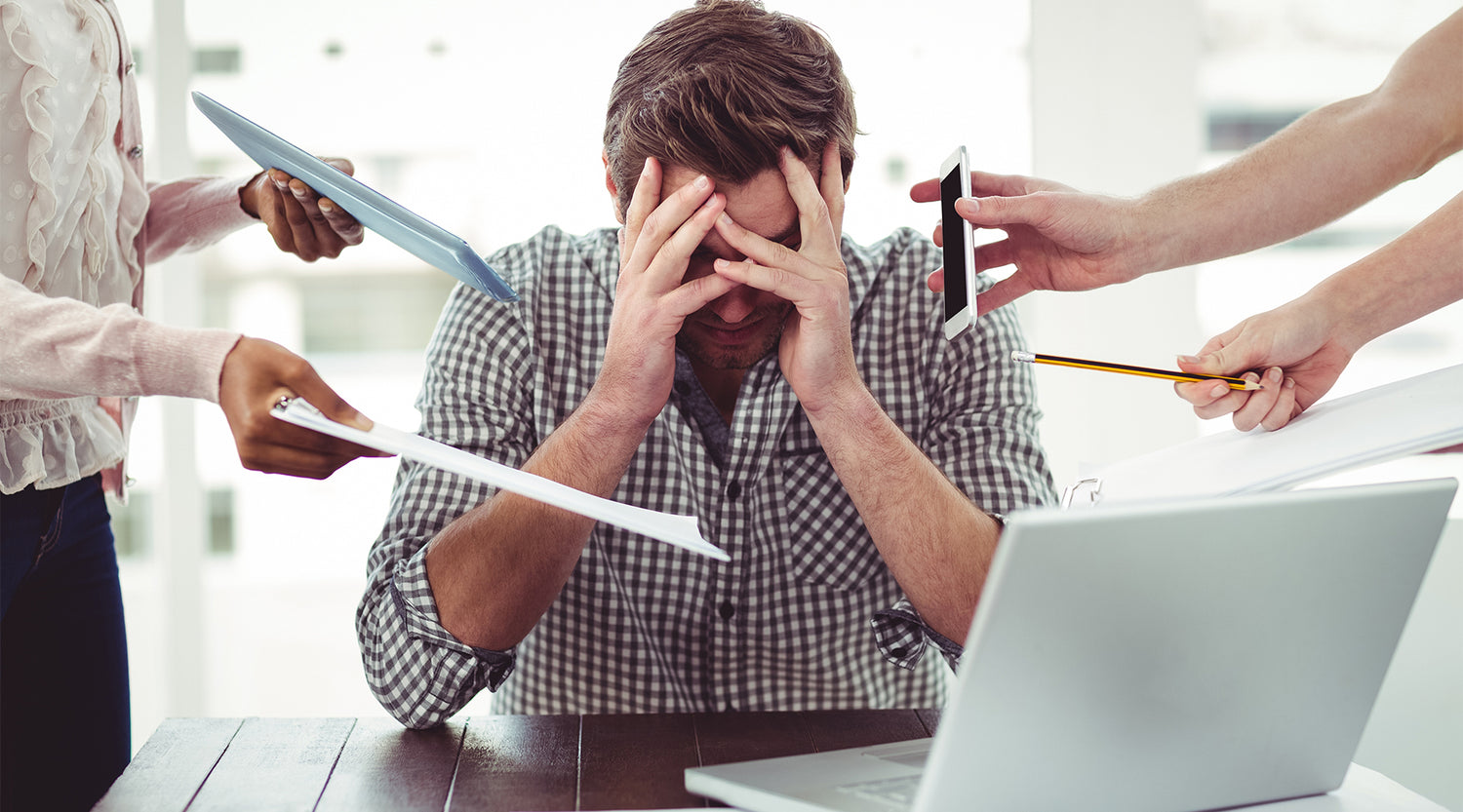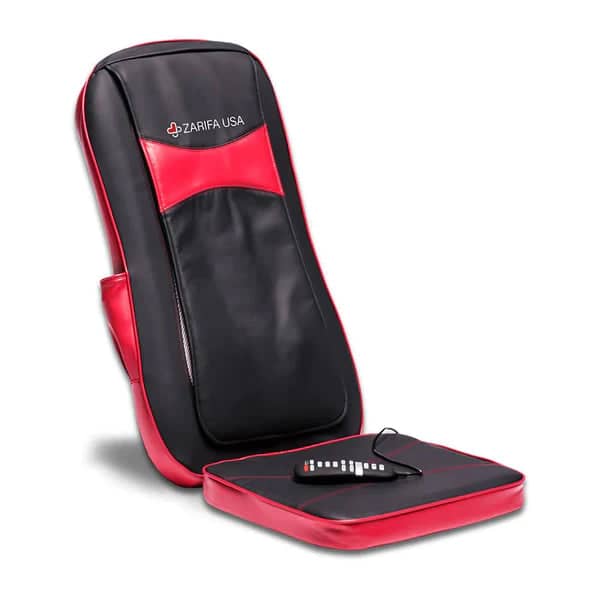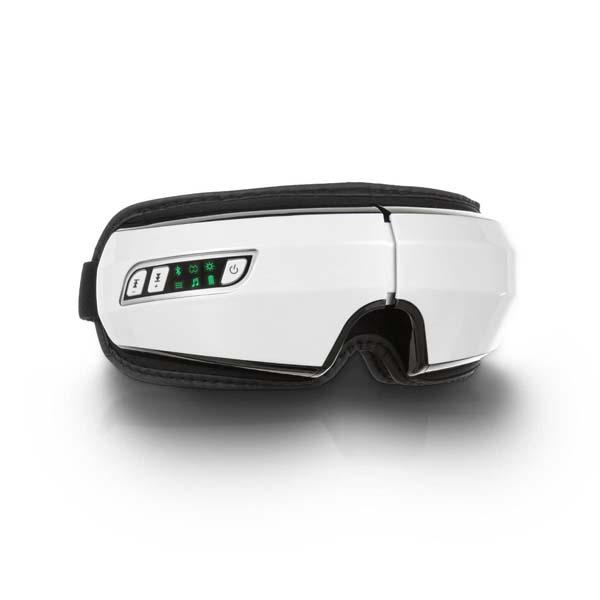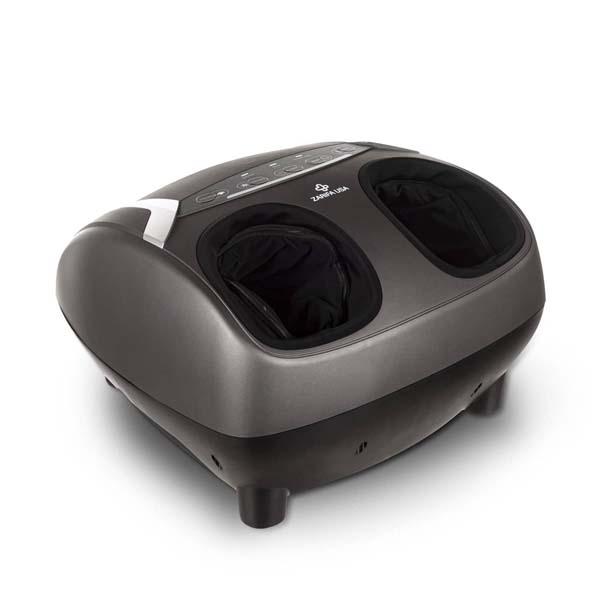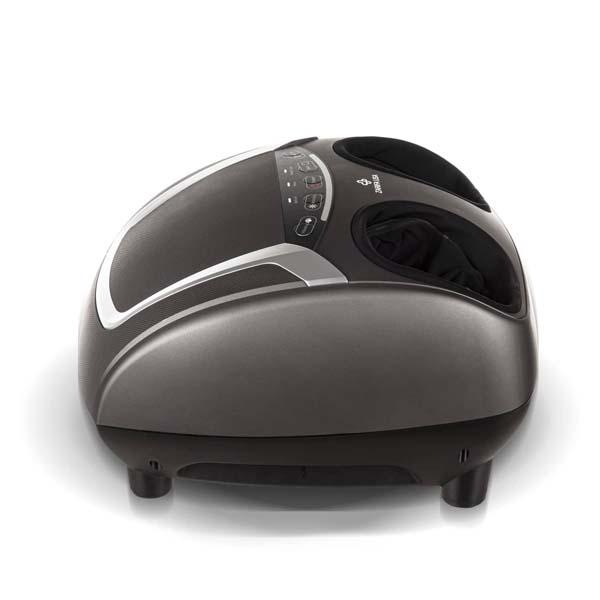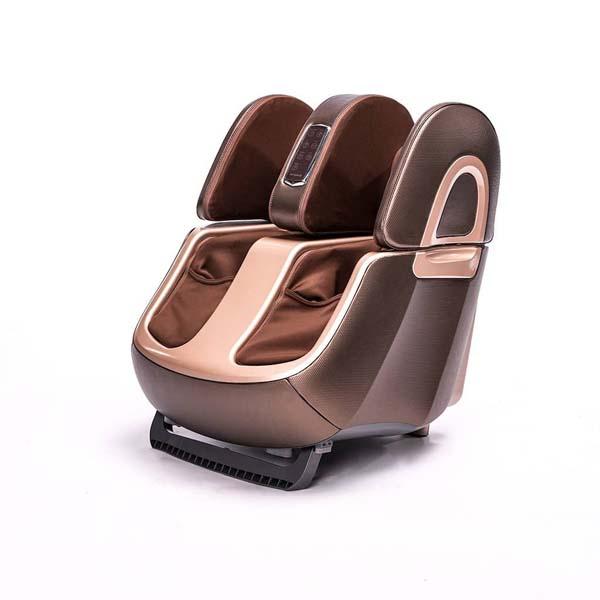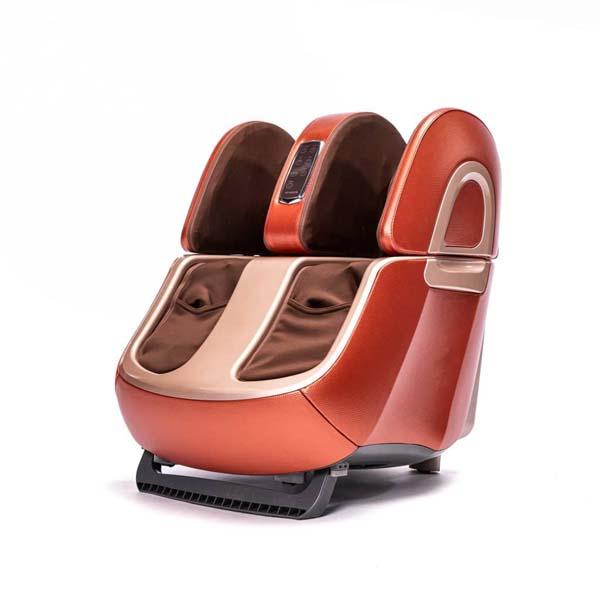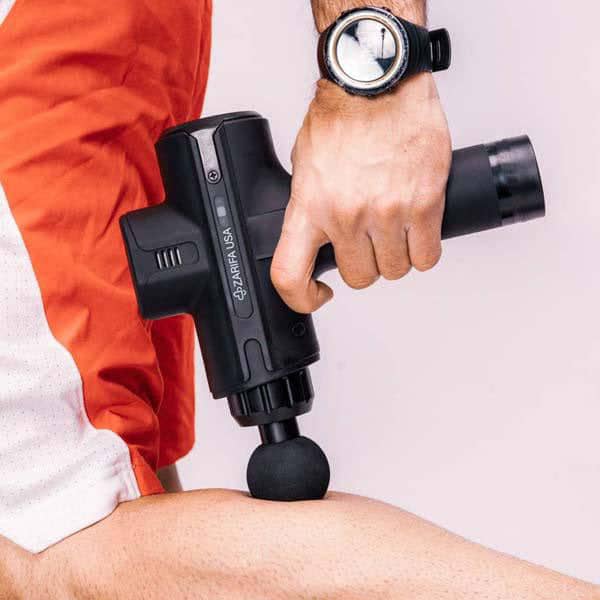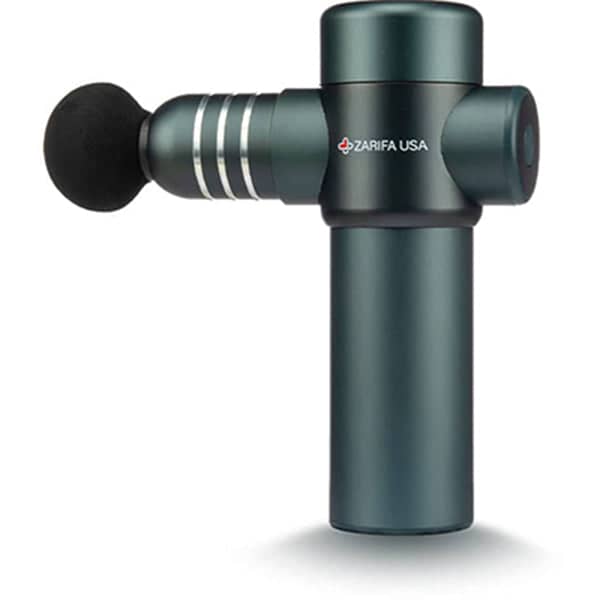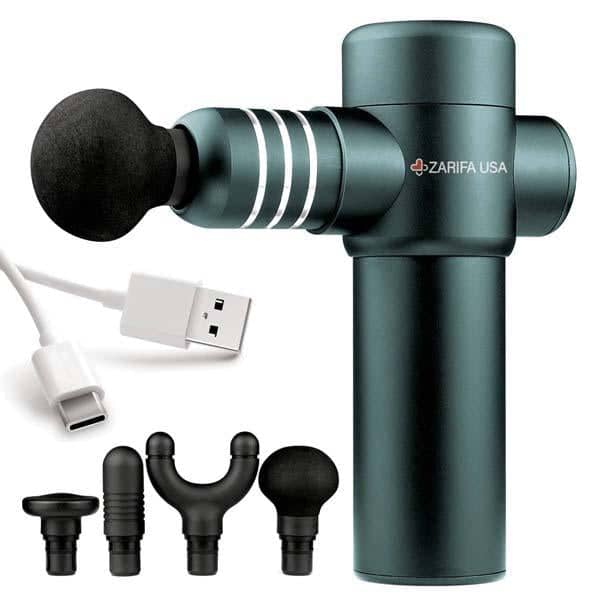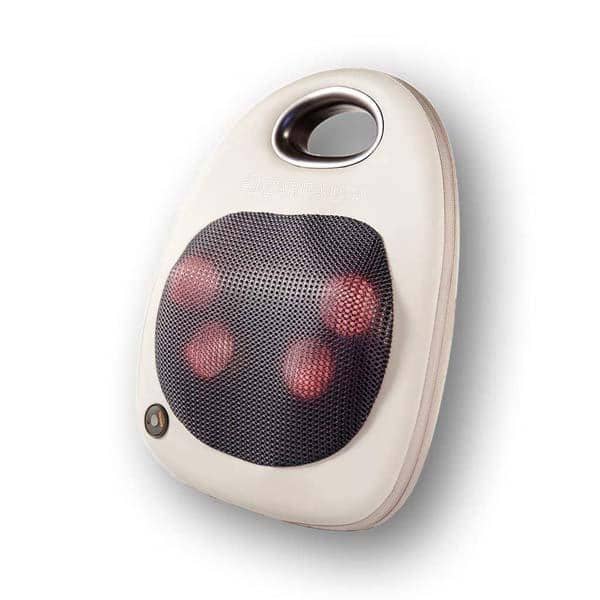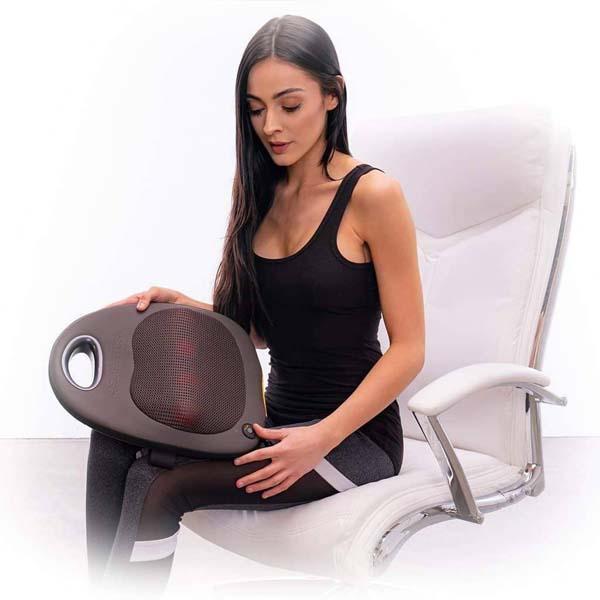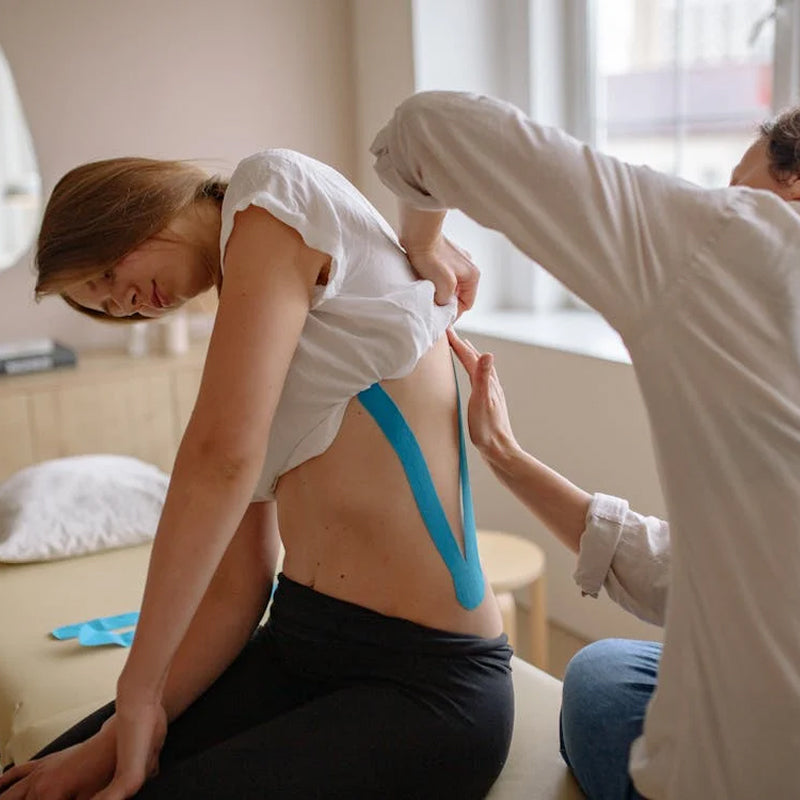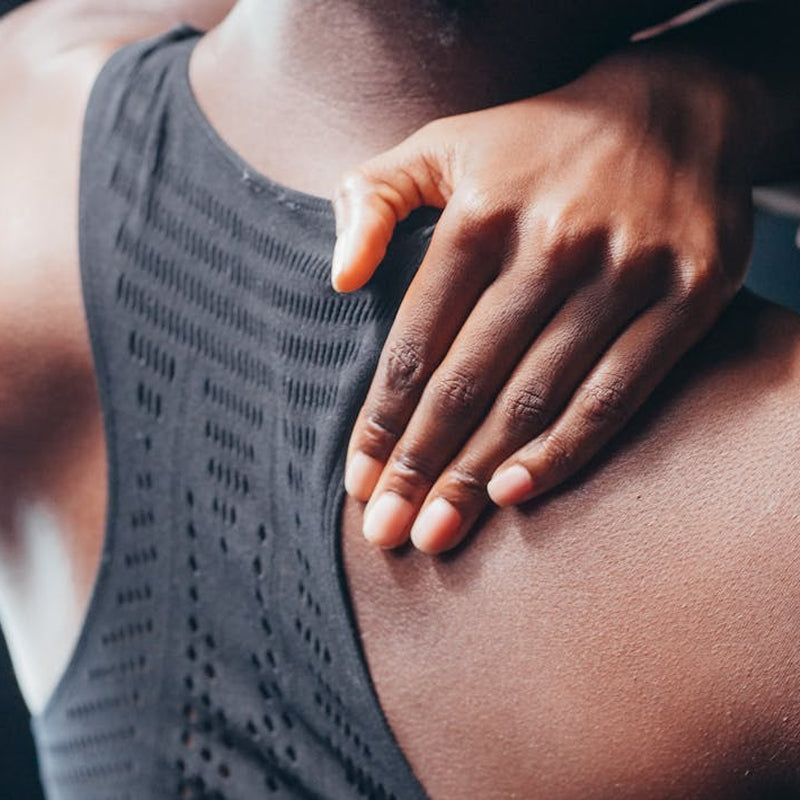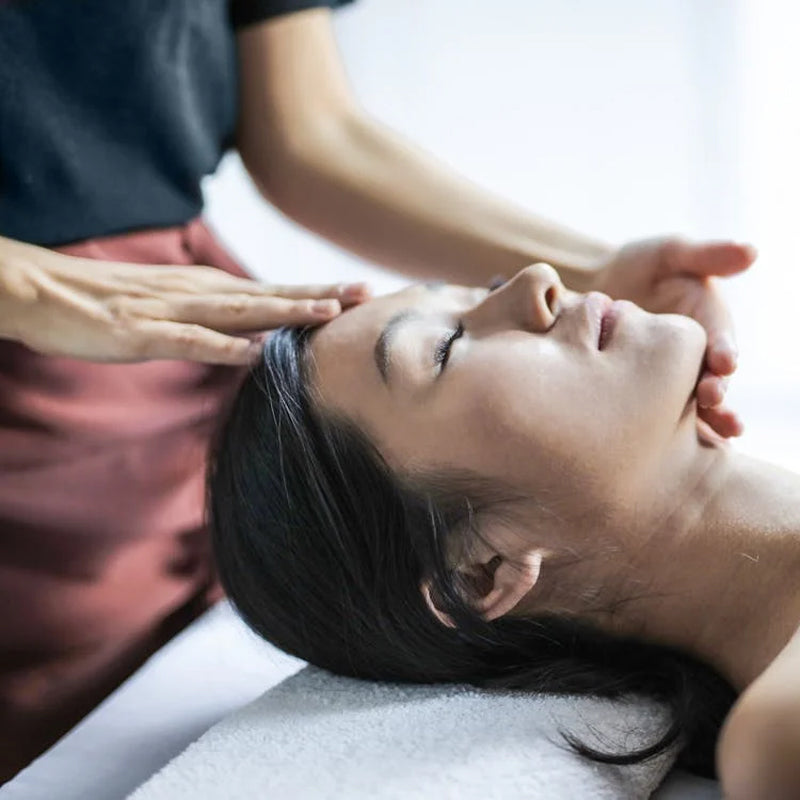In today’s fast-paced world, everyone is a victim of stress. Studies have proven anxiety and depression to be common mental illnesses prevalent among all age groups. This problem doesn’t just affect mental health but also tenses other parts of the body. Massage therapy, a part of alternative medicine practices, tends to have multiple health benefits for the body. Giving your body moments to rest, you can reap not just psychological but physical benefits as well.
Massage therapy is one of many alternative therapies used to treat anxiety and depression.
Many people receiving massages fail to acknowledge the health benefits. If you think you might need massage therapy to relieve your depression or stress, here are a few benefits that you should know about. Before heading to the benefits, let’s get to know what massage therapy is.
What is massage therapy?
During your massage therapy, the therapist will manipulate and press your soft tissues and muscles to improve function, offer relaxation, or sometimes both. Massage therapy is a technique that has been used in China for over 3000 years. Many people believe that this can help relieve depression and give a feeling of ease. According to their study, massage touches the release hormones that give a feeling of emotional connection. In this manner a massage therapy can greatly help in improving your mood, calming your mind, and relaxing physical pains and aches.
How massage therapy benefits depression and anxiety
Massage therapy offers multiple benefits for relieving anxiety and depression. Here are five benefits described below.
You will feel connected with others
Massage therapy can help relieve anxiety and depression by helping you connect with strangers. Like a physical touch can help strengthen marriages, a good therapeutic massage can help you feel connected with your therapist thereby releasing endorphins. These hormones promote feelings of ease and help deal with isolated thoughts.
Helps with an improved sleep
Depression and anxiety do not let one sleep with peace because of all the thoughts that occupy the mind. Massage therapy can greatly help improve one’s sleep by lowering the heart rate and reducing the levels of cortisol in the blood. Not only does relaxed massage help with a quick sleep, but also helps increase the period of deep sleep. Massages help better the sleeping patterns of adults, children, and adolescents who suffer from problems like fibromyalgia, cerebral palsy, insomnia, migraines, or more. Research shows that a 30-minute massage two times a week for five weeks leads to an apparent decline in pain, leading to better and improved sleep. By reducing the neurotransmitters linked with pain, massage therapy can help you get better sleep. With better sleep, the problems of depression and anxiety gradually decline.
Lowers blood pressure and heart rate
Massage therapy can appropriately help relax the mind and the body leading to a reduced heart rate and blood pressure. Both these symptoms are associated with anxiety and depression. By lowering these symptoms, a soothing massage can help relieve stress and anxiety, thereby helping you stay relaxed and calm. Low heart rate and blood pressure also help reduce the symptoms of chronic disease and illnesses, thereby improving your overall health.
Boosts the immune system
Good massage therapy can maintain your health by increasing the white blood cells of the body that are essential in fighting against diseases like bacteria or viruses. How does this help with anxiety and depression? People suffering from depression or anxiety tend to have high levels of cortisol that result in a compromised immune system. By helping give your immune system a boost, a good massage can surely relieve your stress and anxiety.
Releases hormones and endorphins
During a massage, your body releases multiple hormones including serotonin, oxytocin, and dopamine that aid in reducing the symptoms of depression and anxiety, thereby leaving you feeling centered and balanced. These hormones are happy hormones and help reduce stress, anxiety, and irritability. Relaxing massage therapy can, therefore make you a happy person, and give positive effects on your personal life and the life of others around you.
Helps you relax better
With all those happy hormones released, you are sure to become more relaxed and calm. Being relaxed can greatly help reduce the levels of anxiety and stress. How does that work? When your body is relaxed, it tends to have low blood pressure, heart rate, salivary cortisol levels, and oxygen consumption. This helps to reduce the symptoms associated with anxiety and depression. The best part is that no need to have an hour-long massage to reap the benefits. Studies show that the physiological and psychological benefits of a massage are apparent even after the first 10 to 15 minutes. So, no matter how hard your schedule is, you’ll never be short on time to relax a little.
When you plan on having the next massage therapy, try to get involved in understanding the benefits. Let your mind get a moment, if not more to unwind and let go of the worries it holds. Getting regular treatment will help you reap the maximum psychological and physical benefits of getting massage therapy. Over time, you will get a clearer sense of whatever goes inside your body. This is sure to give you a feeling of calmness and relaxation.
Enhances Mindfulness and Self-Awareness
One often overlooked benefit of massage therapy is the enhancement of mindfulness and self-awareness. During a massage session, you become more attuned to your body and its responses. This heightened sense of awareness can help you better understand the sources of your anxiety and depression, allowing you to manage them more effectively. Being mindful of your body’s state and reactions helps you stay grounded and can reduce the tendency to ruminate on negative thoughts. Mindfulness and self-awareness are often emphasized in complementary and alternative medicine practices.
Reduces Muscle Tension and Chronic Pain
Chronic stress and anxiety often lead to muscle tension and chronic pain, which can cause significant discomfort and pain. Regular massage therapy helps to alleviate this tension, providing relief from muscle aches and stiffness. Techniques such as deep tissue massage specifically target the deeper layers of muscle and connective tissue, breaking down knots and relieving pressure points. This not only eases physical discomfort but also contributes to a reduction in overall stress levels.
Promotes Emotional Stability and Mental Health
Massage therapy can play a significant role in alleviating anxiety symptoms and promoting emotional stability. The gentle, nurturing touch of a massage can foster a sense of security and comfort, which is particularly beneficial for individuals dealing with anxiety and depression. This sense of emotional security can help stabilize mood swings and reduce irritability. Over time, regular massage sessions can lead to a more balanced emotional state, making it easier to handle the ups and downs of daily life.
Encourages a Healthier Lifestyle
Engaging in regular massage therapy can inspire you to adopt other healthy lifestyle practices. The relaxation and well-being you experience during a massage can motivate you to make positive changes in your life, such as improving your diet, increasing physical activity, or practicing better sleep hygiene. These lifestyle changes can have a cumulative effect, further reducing anxiety and depression symptoms and enhancing your overall quality of life. Adopting a healthier lifestyle, including regular massage therapy, can be an effective way to treat anxiety.
Provides a Sense of Routine and Care
Having regular appointments with skilled massage therapists can provide a much-needed sense of routine and self-care. Knowing that you have a scheduled time to focus solely on your well-being can be incredibly comforting and can help break the cycle of stress and anxiety. This routine of self-care reinforces the importance of taking time for yourself and prioritizing your mental and physical health.
Combats Social Isolation
Regular visits to a massage therapist can help combat feelings of social isolation. The interaction with a caring professional provides an opportunity for social engagement, which is vital for mental health. Even brief conversations before and after a session can create a sense of connection and reduce feelings of loneliness. Additionally, joining a massage group can provide additional social interaction and support, helping to combat feelings of social isolation.
Specific Techniques Used in Massage Therapy
Swedish Massage
Swedish massage is a popular technique that uses long, gliding strokes, kneading, and circular movements on the topmost layers of muscles. This type of massage is particularly beneficial for reducing stress and tension, improving circulation, and promoting relaxation. Additionally, Swedish massage, which often involves light pressure massage, is particularly effective in reducing stress and promoting relaxation.
Deep Tissue Massage
Deep tissue massage focuses on the deeper layers of muscle and connective tissue. It’s especially helpful for individuals with generalized anxiety disorder who experience chronic aches and pains, as well as areas such as the neck, upper back, and shoulders. This technique helps to release tension in the deeper layers of muscles and tissues, providing significant relief from muscle stiffness and improving overall muscle function.
Shiatsu Massage
Shiatsu is a form of Japanese bodywork that uses finger and palm pressure, stretches, and other massage techniques. It aims to improve the flow of energy (Qi) through the body and enhance overall well-being. Shiatsu can be particularly effective for reducing stress and anxiety and promoting a sense of calm and relaxation. Randomized controlled trials have shown that Shiatsu massage is effective in reducing stress and anxiety.
Reflexology
Reflexology involves applying pressure to specific points on the feet, hands, and ears that correspond to different body organs and systems. This technique helps to release tension, improve circulation, and promote relaxation throughout the body. Reflexology is known for its ability to reduce stress and anxiety and improve overall health. Reflexology can be used in conjunction with other treatments such as room therapy to enhance relaxation and reduce anxiety.
Incorporating Massage Therapy into Your Routine
To maximize the benefits of massage therapy for anxiety and depression, consider incorporating it into your regular health routine. Here are a few tips to get started:
-
Set Regular Appointments: Schedule regular massage sessions to maintain consistency and maximize the therapeutic benefits.
-
Combine with Other Therapies: Use massage therapy in conjunction with other treatments such as counseling, medication, or physical therapy for a comprehensive approach to managing anxiety and depression.
-
Practice Self-Massage: Learn basic self-massage techniques to use at home between professional sessions. This can help manage stress and tension on a daily basis.
-
Create a Relaxing Environment: Enhance the relaxation experience by creating a calming environment at home. Use essential oils, soft lighting, and soothing music to create a spa-like atmosphere.
Incorporating regular massage therapy into your routine can significantly reduce anxiety and improve overall well-being.
In conclusion, the question is, can massage therapy help relieve the symptoms of stress and anxiety? The short answer is yes, it does. However, it is important to consider that this is not a cure. While anxiety and depression cannot be cured, their symptoms can be managed with different techniques, one of which is a good massage. If you believe you struggle with depression and anxiety, a good way to relax will be to find a skilled massage therapist.
Massage therapy offers a multitude of benefits for individuals struggling with anxiety and depression. By reducing muscle tension, promoting relaxation, and enhancing emotional stability, massage therapy can significantly improve your overall well-being. Incorporating regular massage sessions into your routine can provide both immediate relief and long-term benefits, helping you manage stress and anxiety more effectively.
Giving yourself some time out to relax is essential to your health. Bottling up all your tensions and intense emotions will become detrimental to your health. So, massage therapy can be a good way to help you release a bit of those inner tensions. If you haven’t yet tried it for yourself, we encourage you to give it a try.

